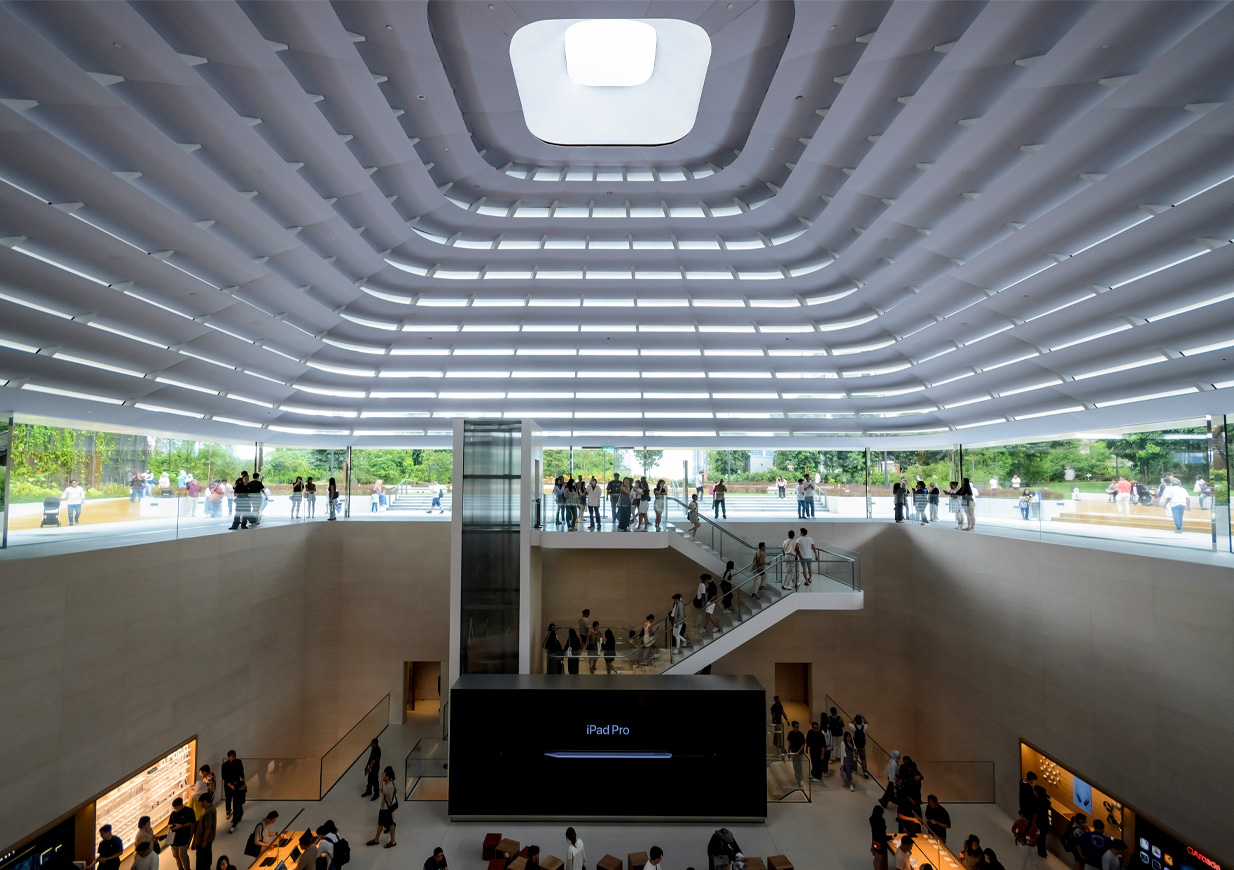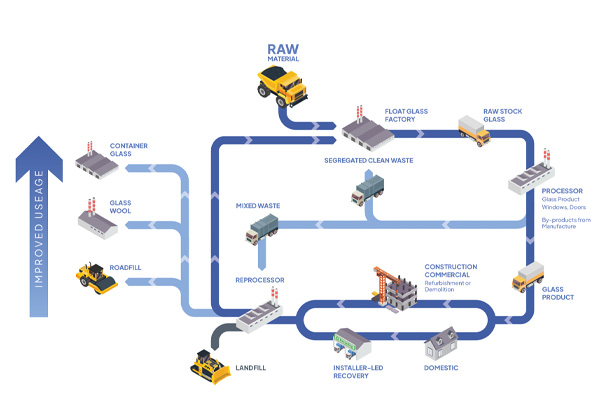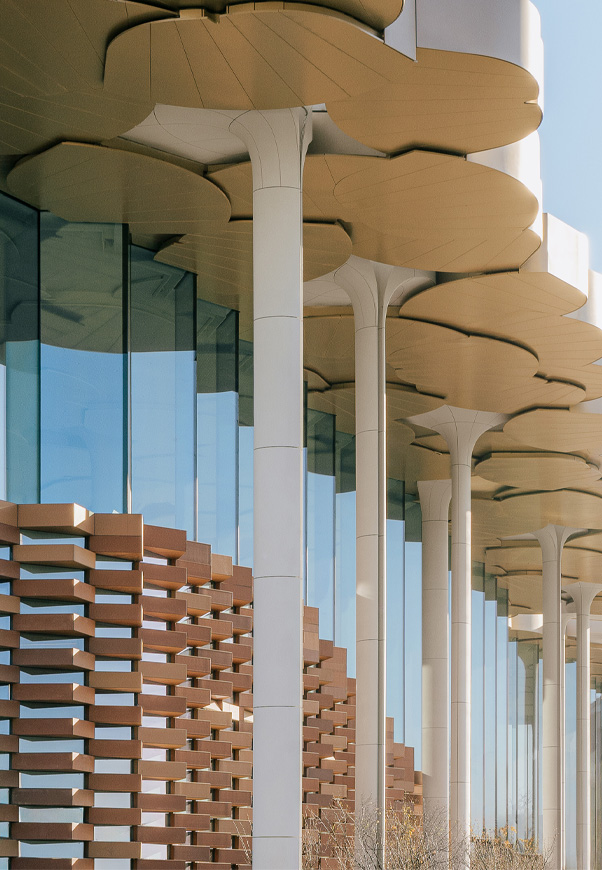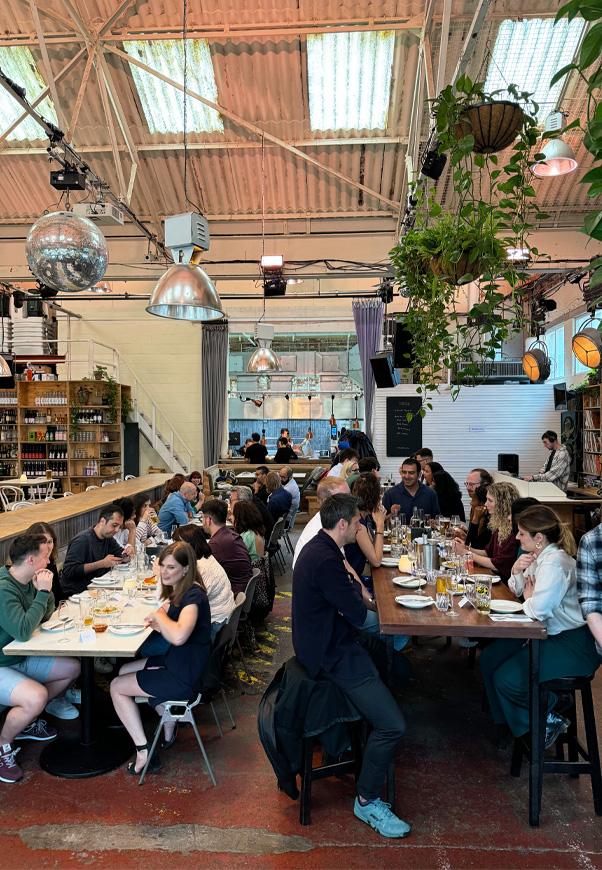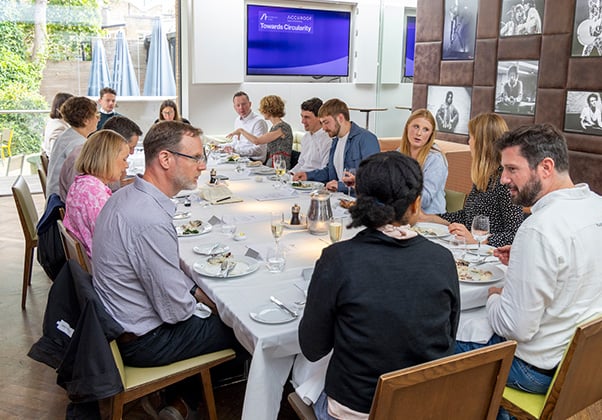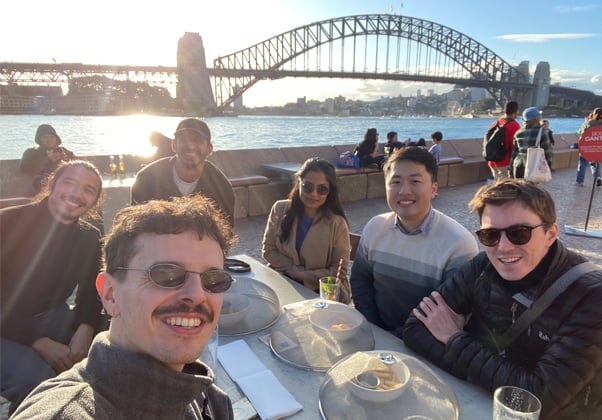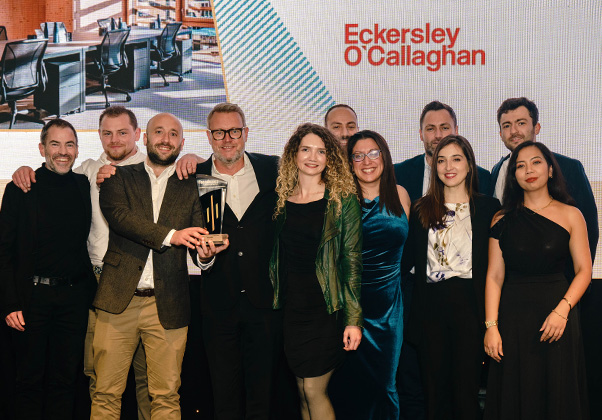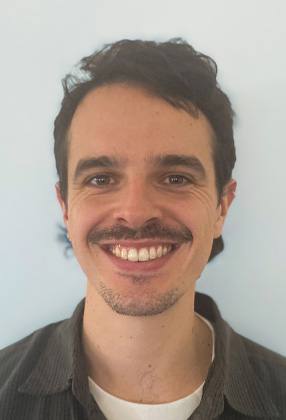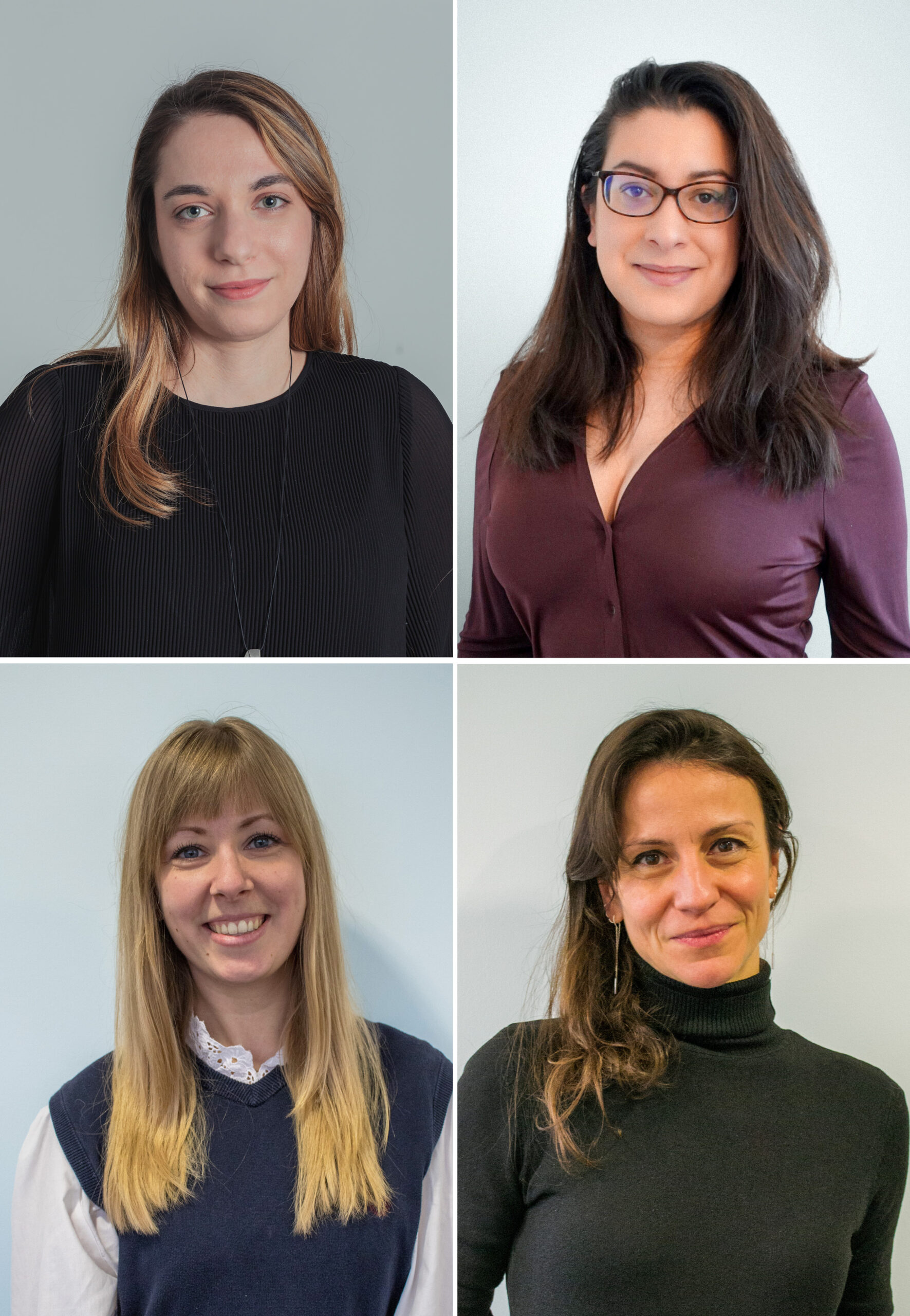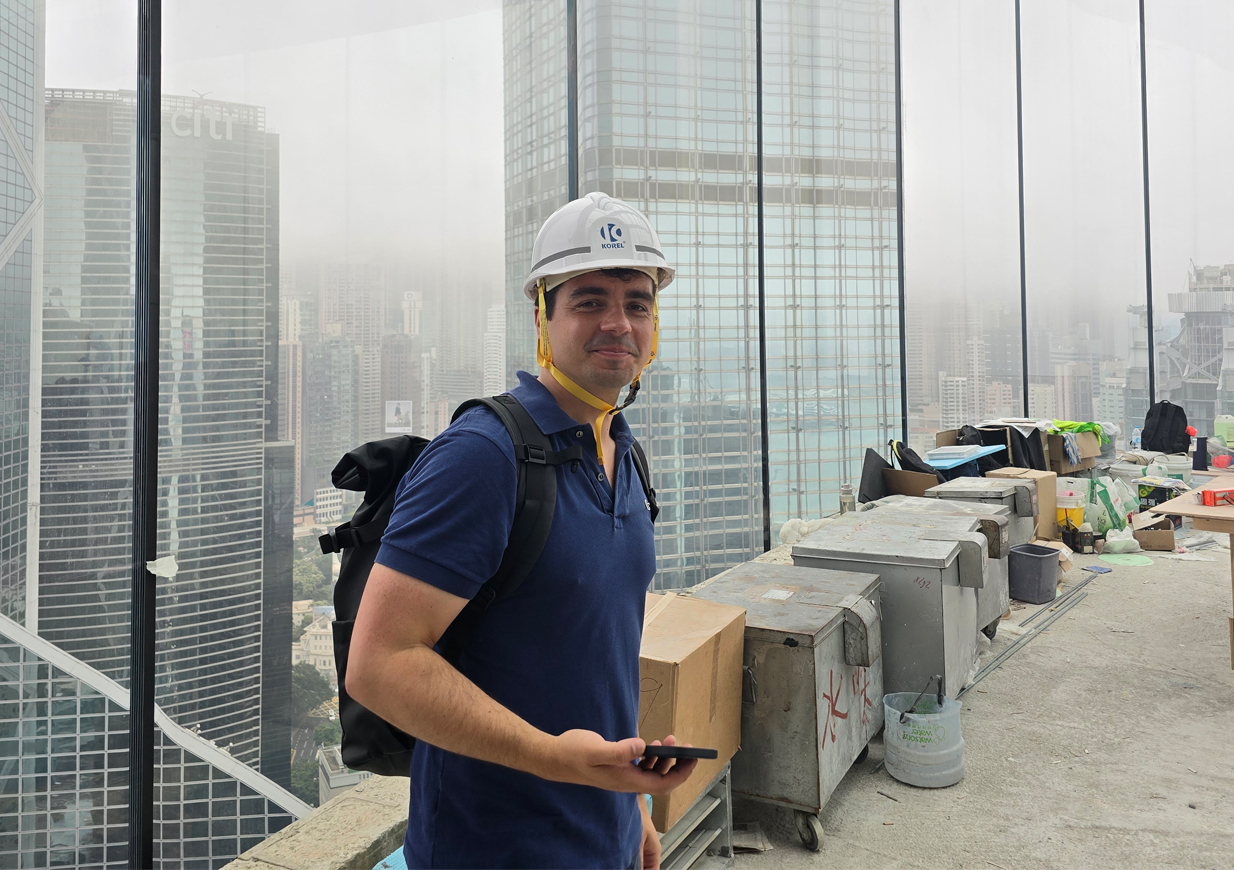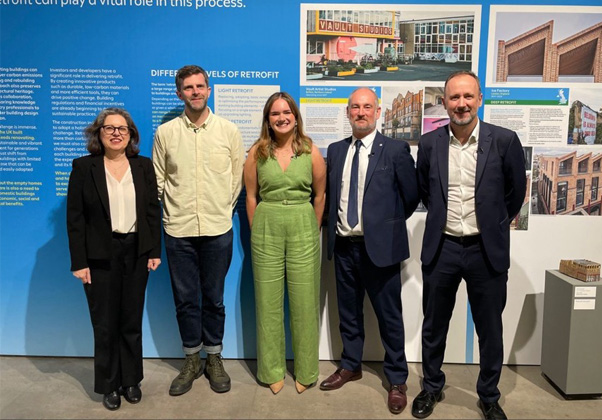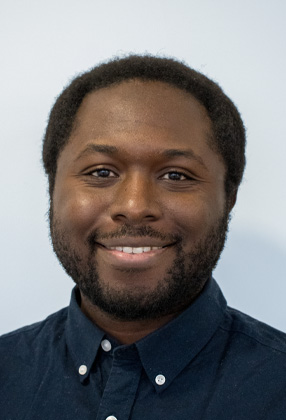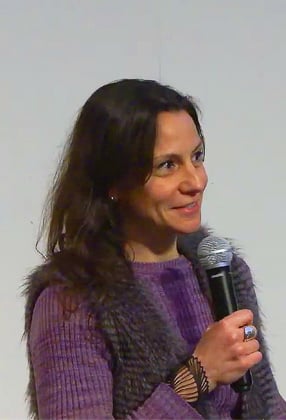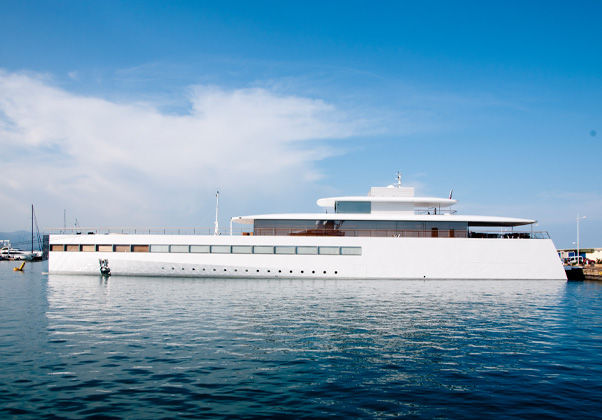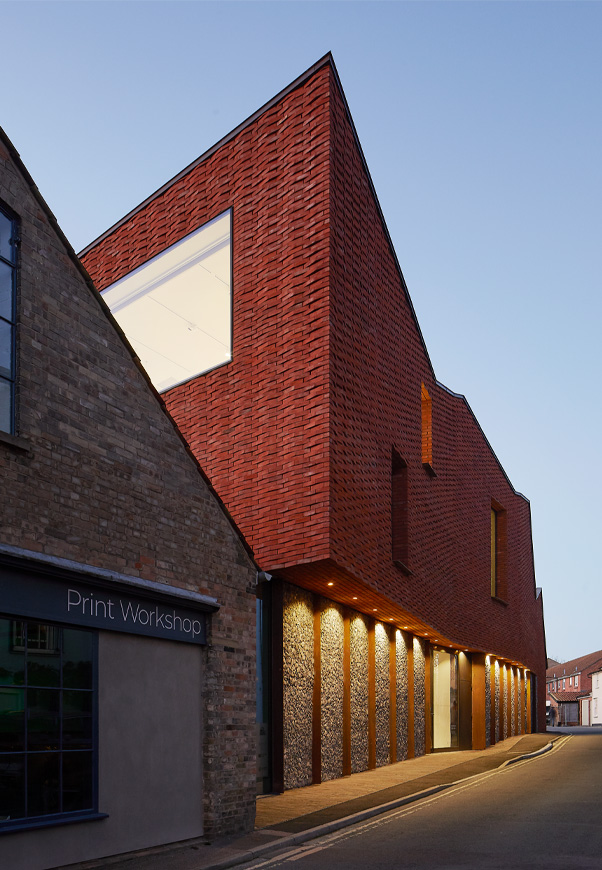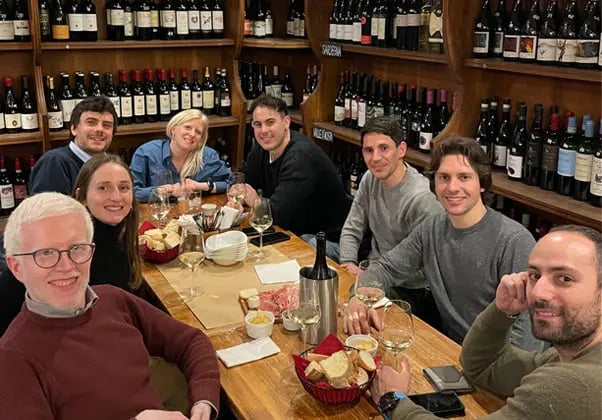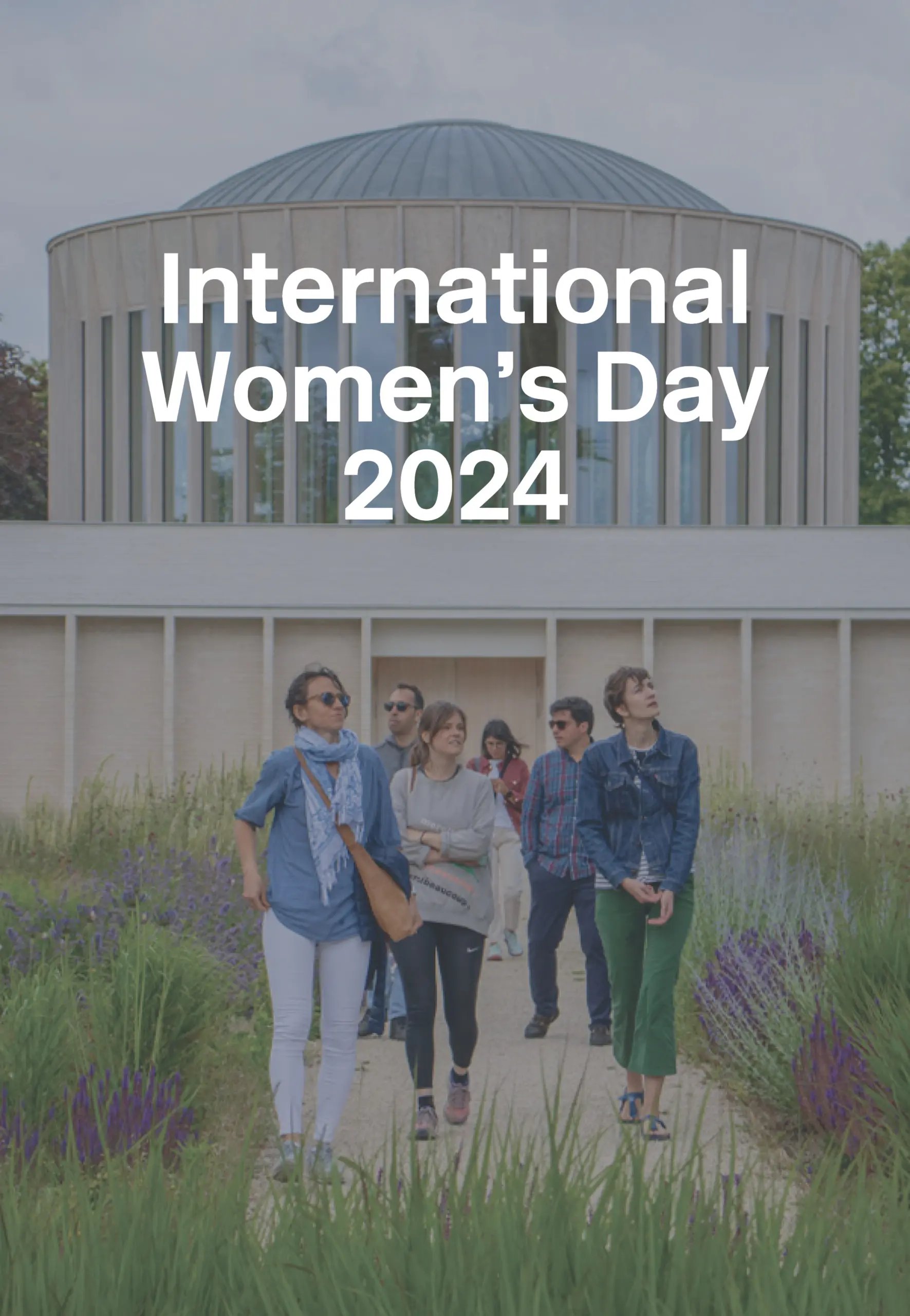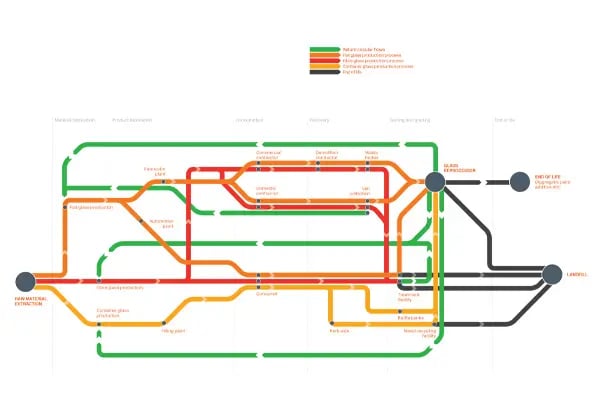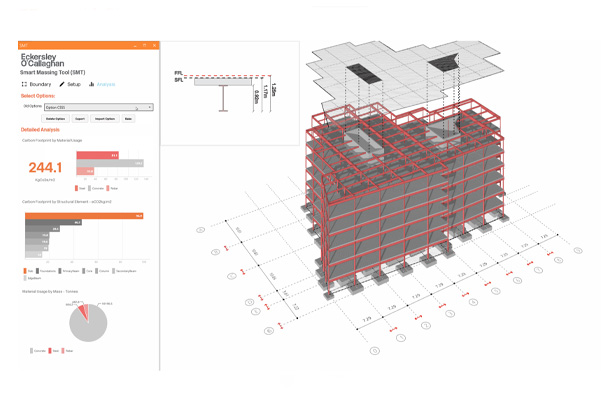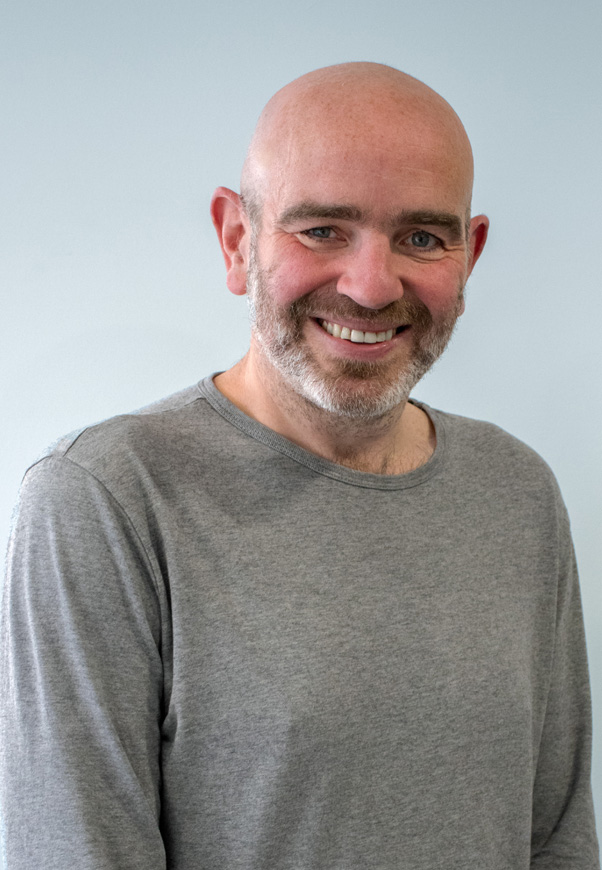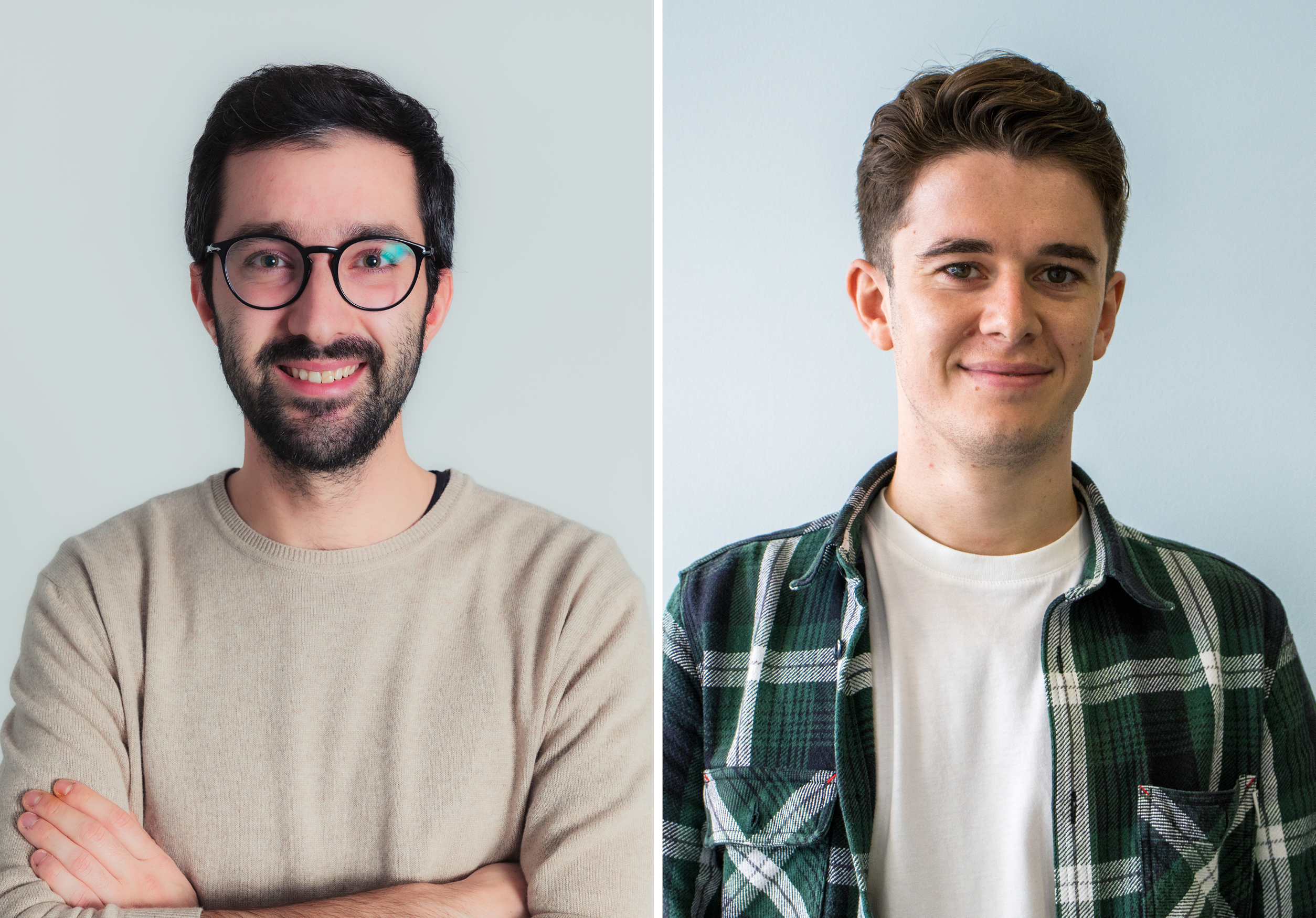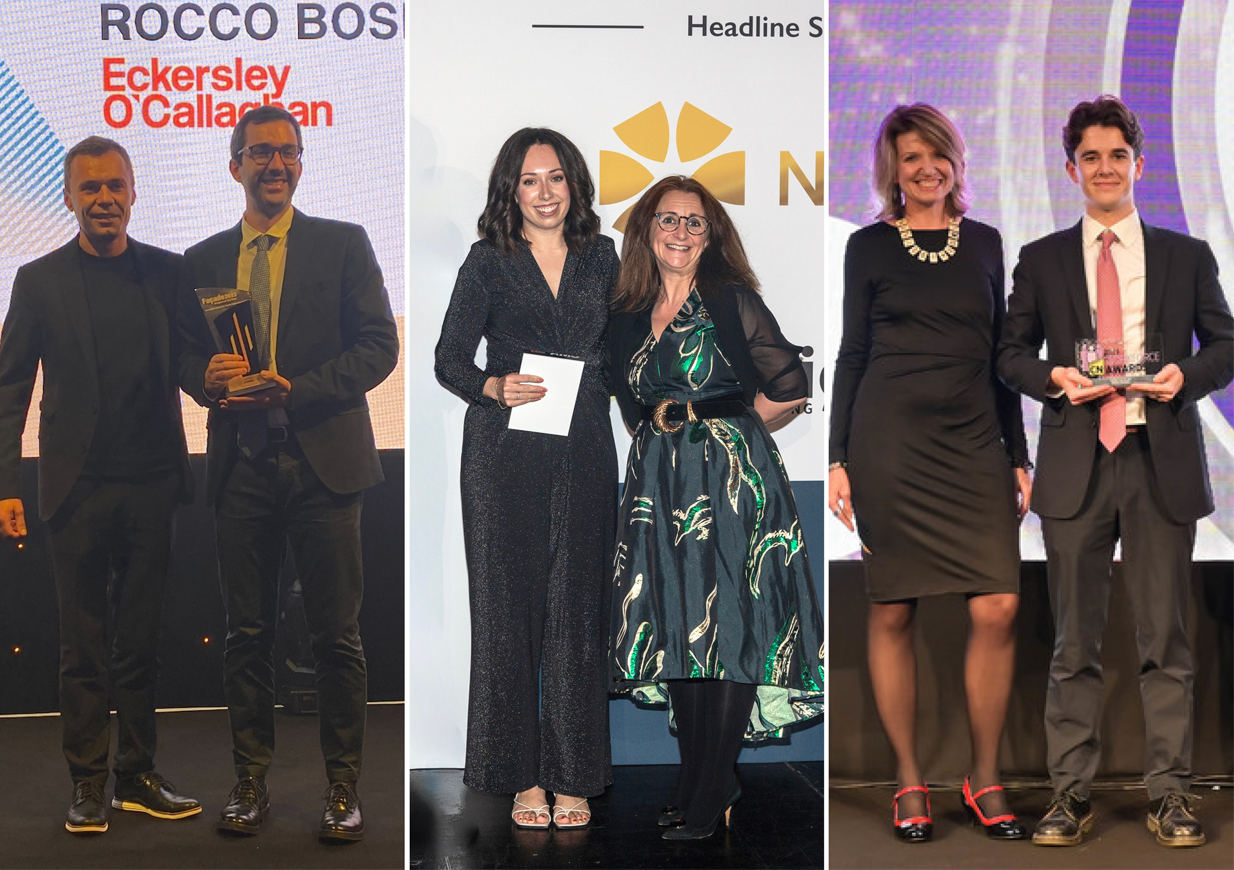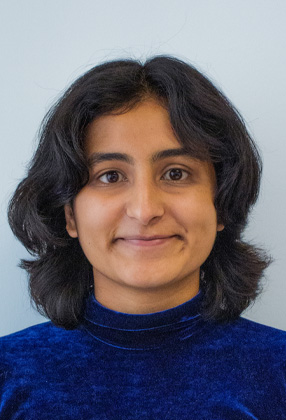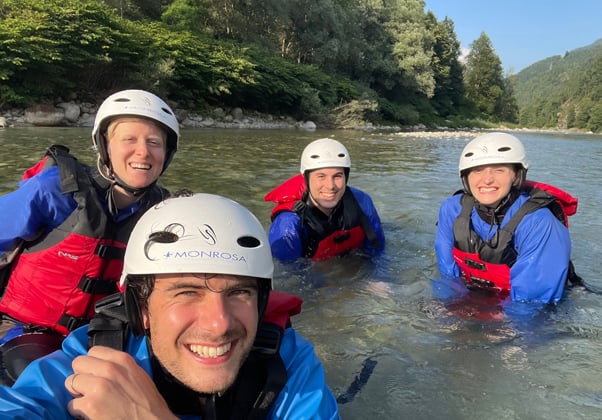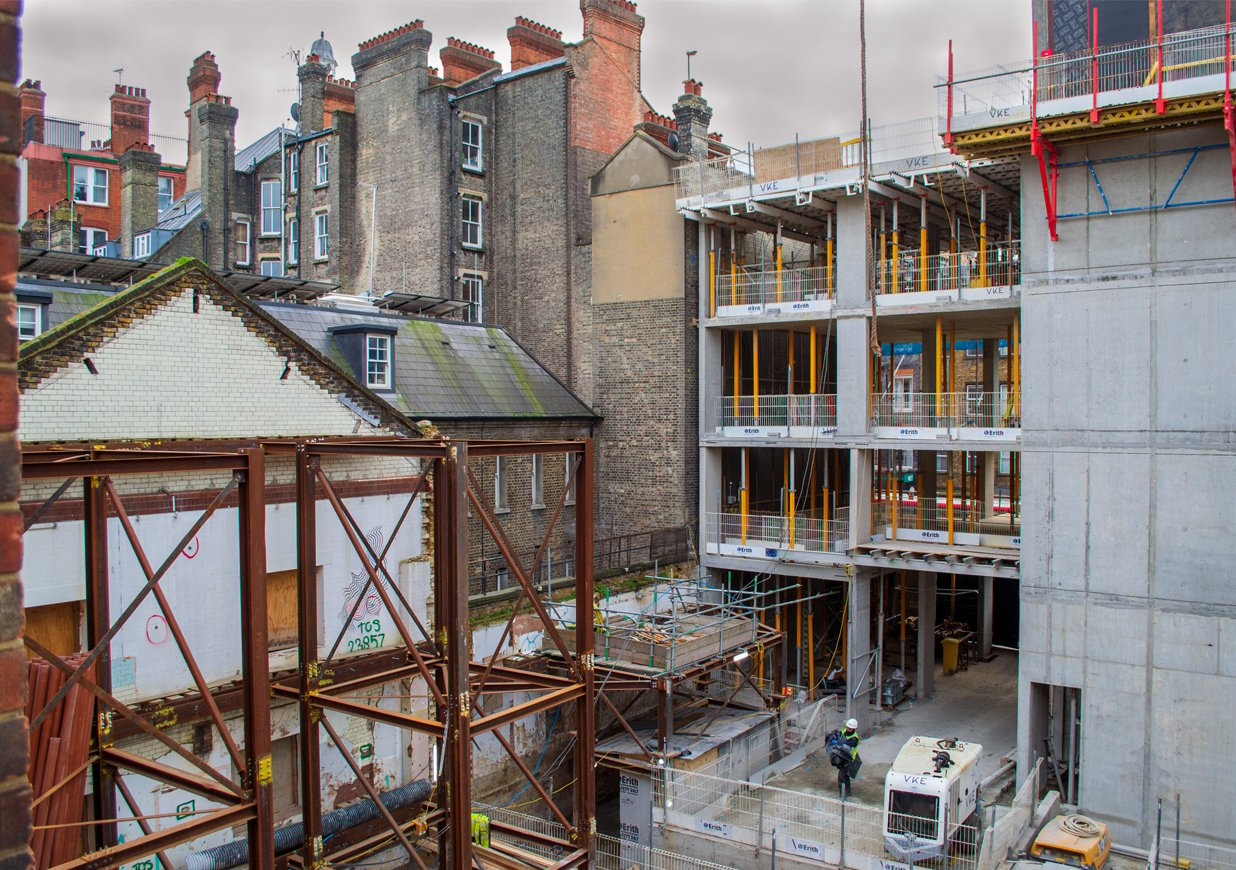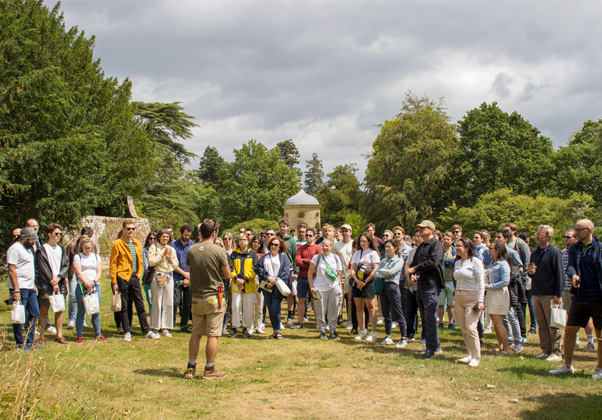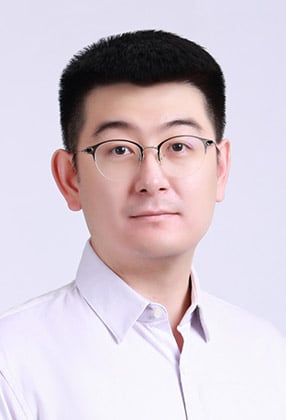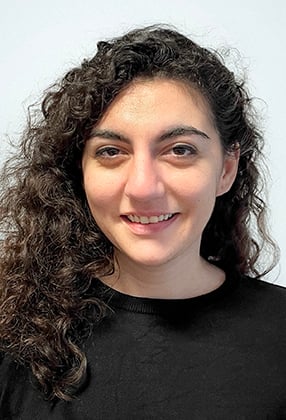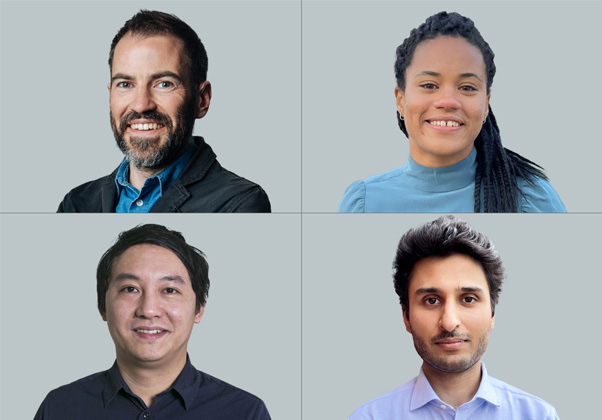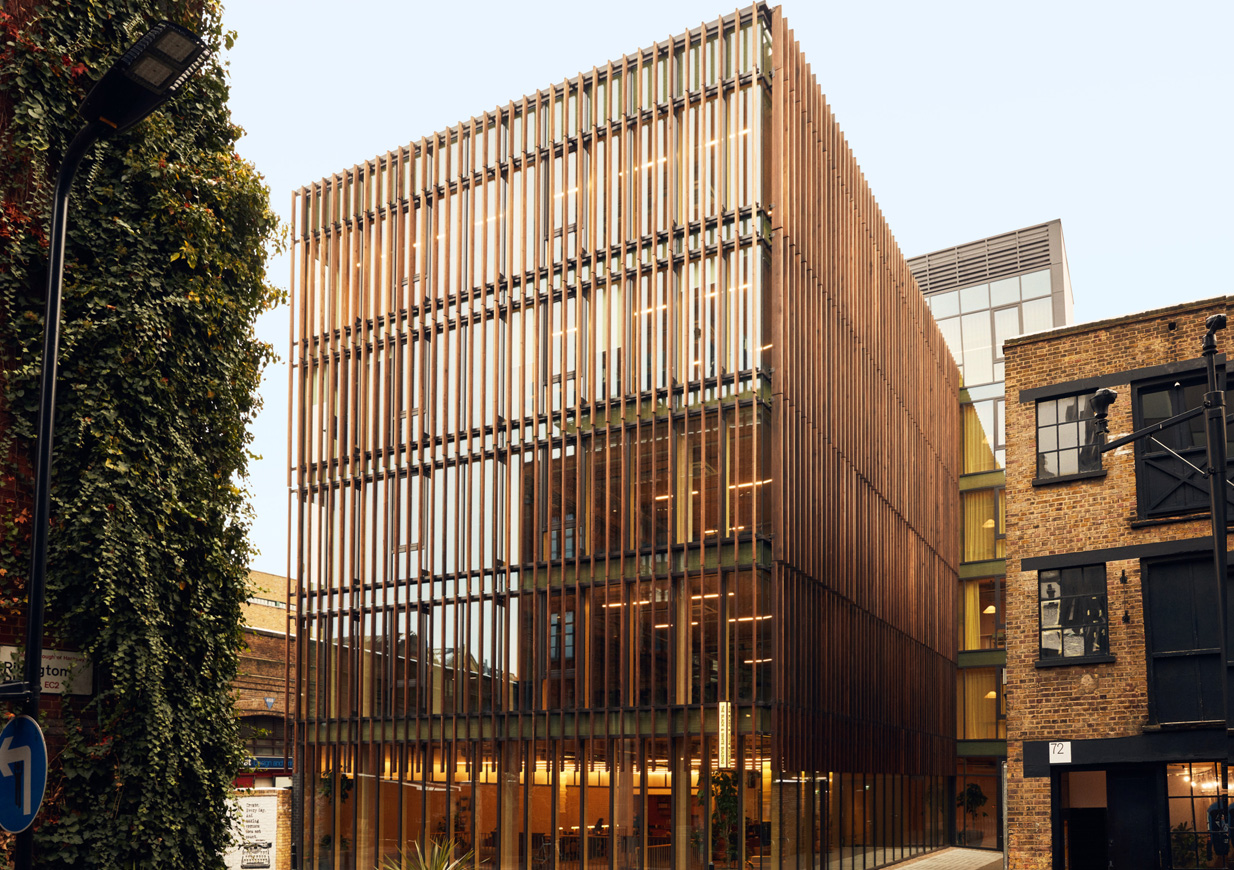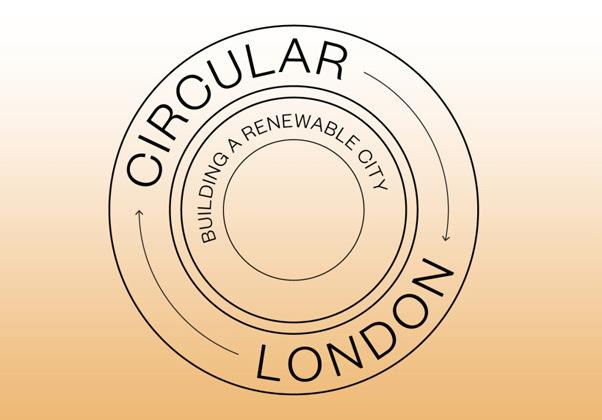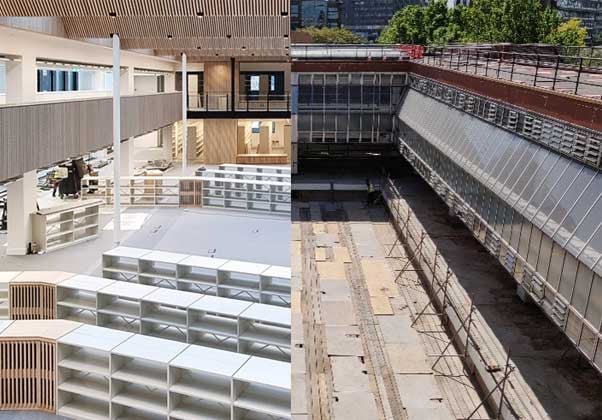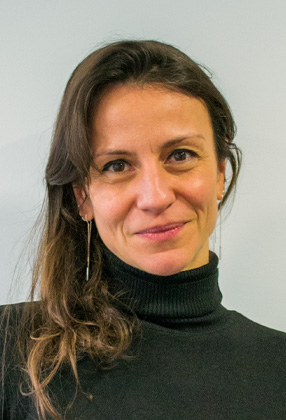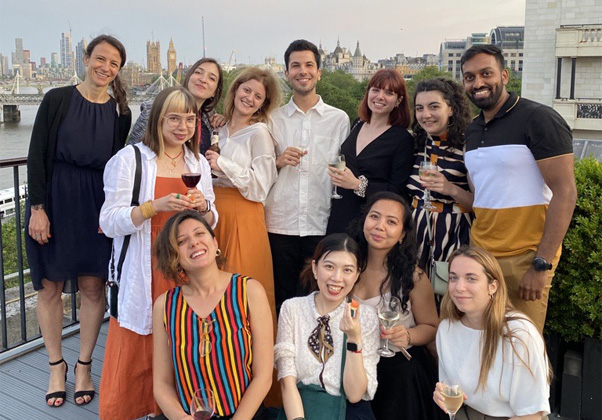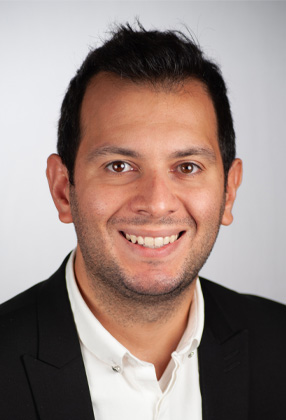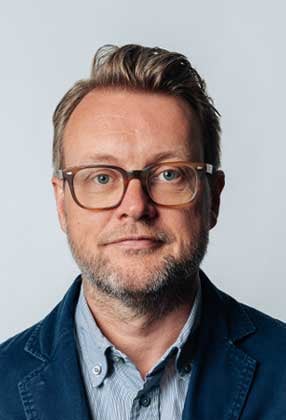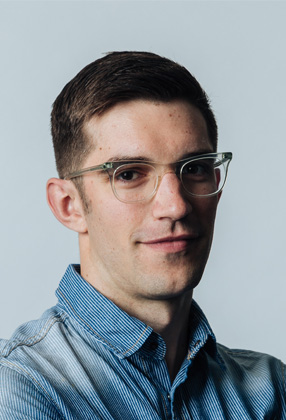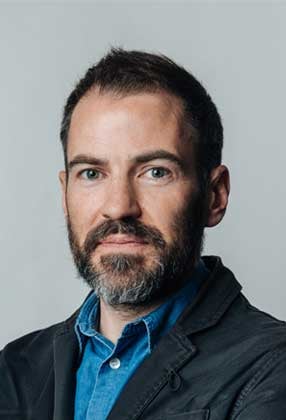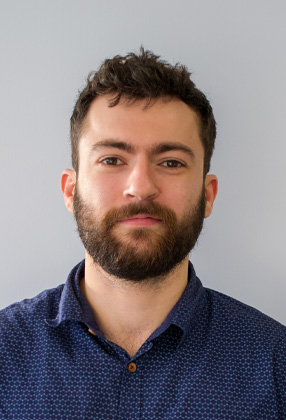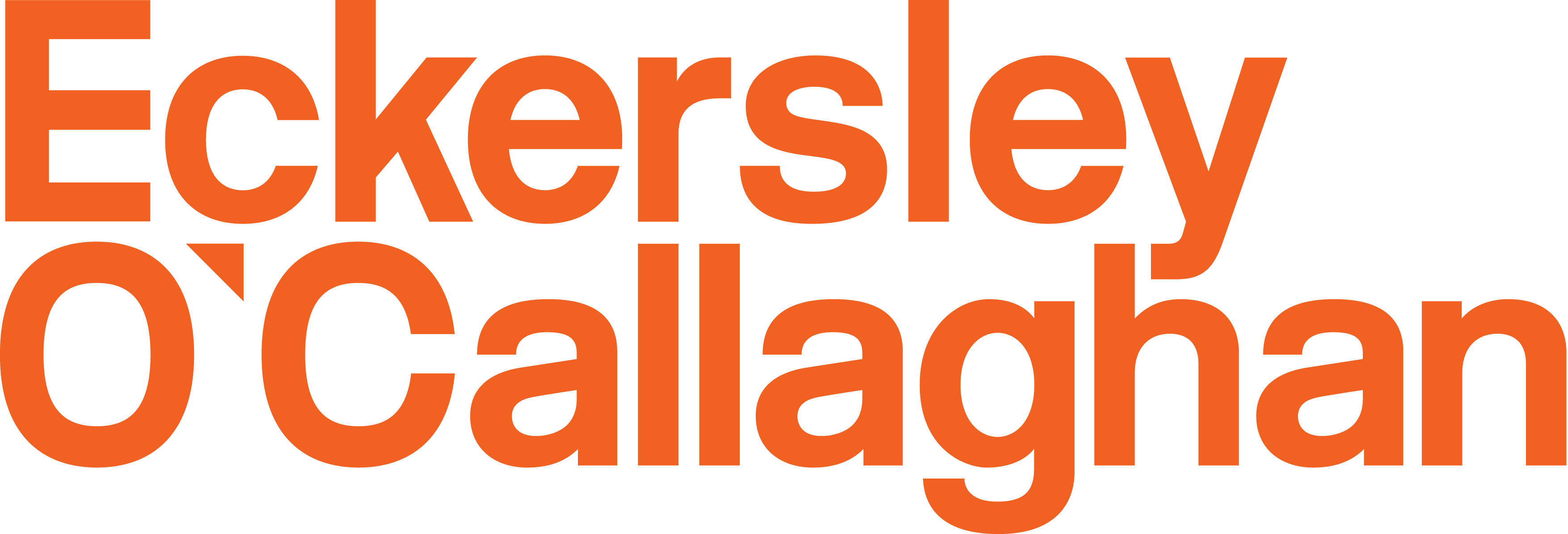Meet…Douraya Kessaria, Specialist Sustainable Development Engineer
5 December 2023
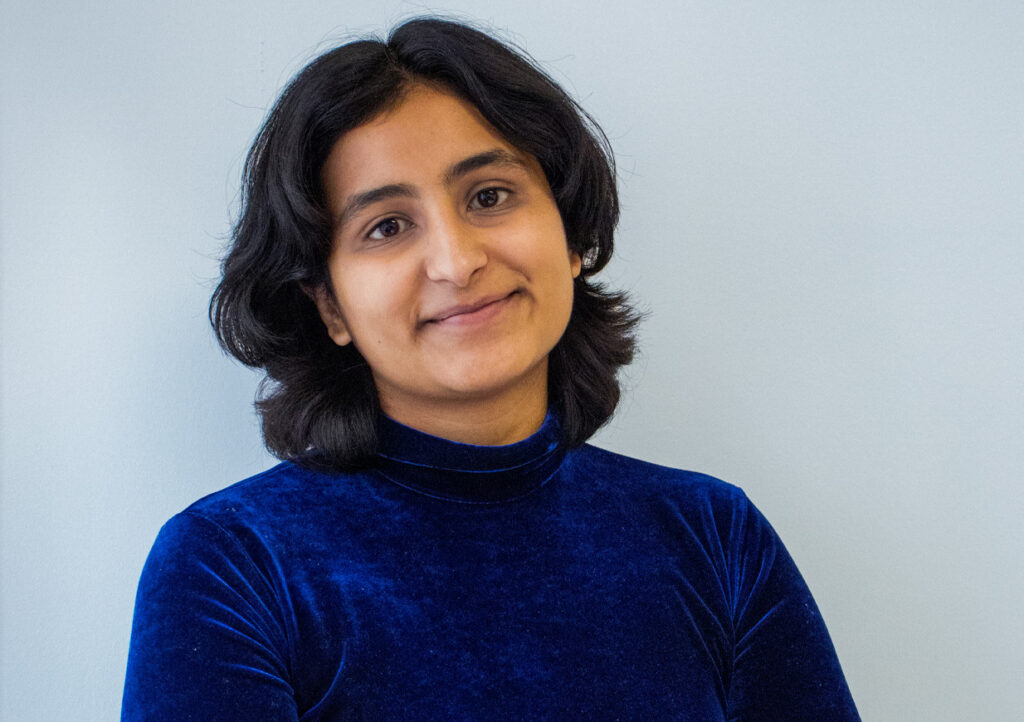
Meet Douraya Kessaria, Sustainable Development Engineer in our Paris office. Douraya joined Eckersley O’Callaghan this year; she plays a key role in coordinating best sustainable practices across our offices and developing our embodied carbon benchmarking database. She is passionate about the complexities of construction material supply chains and holds a strong personal interest in diversity and inclusion.
Why Sustainability?
Sustainability has always been a driving force in my life, throughout my upbringing, into my studies, and still today. When I found the opportunity to link building design with finding solutions to current environmental challenges, I knew I wanted to be part of it.
Why Eckersley O’Callaghan?
It was a match when I realised that Eckersley O’Callaghan and I share common interests and goals in terms of sustainable building design. They succeed at combining its engineering expertise with a strong commitment to research and innovation and a pleasant amount of boldness. All in a buzzing and nurturing work environment.
What are you working on at the moment?
I’m consolidating our embodied carbon database ensuring we capture the right information, enabling us to continuously learn from our work. Sustainability, particularly embodied carbon, is a steep learning curve in today’s industry, and I want to make sure we are making the most of our project-based lessons.
Biggest challenge/opportunity for engineers?
Today, engineers are required to be versatile and knowledgeable in various domains, especially when striving for sustainability. Though it can be overwhelming, this engagement ultimately enhances design by promoting self-awareness, transparency, and constant self-reflection.
What are you passionate about?
Currently, I’m deeply fascinated with the complexities of the construction materials supply chain in my work. Additionally, I hold a strong personal interest in diversity and inclusion, particularly in relation to the complex intersections between gender equality issues and Europe’s historical and contemporary connections with colonisation and race.

